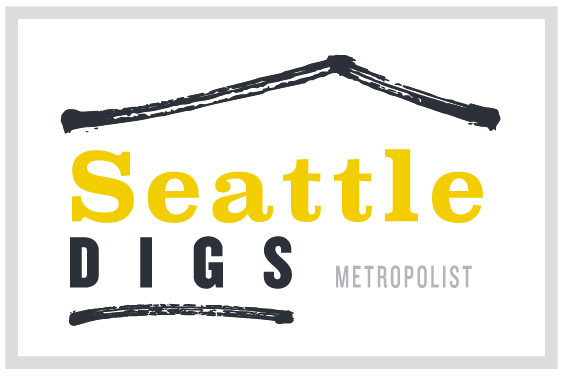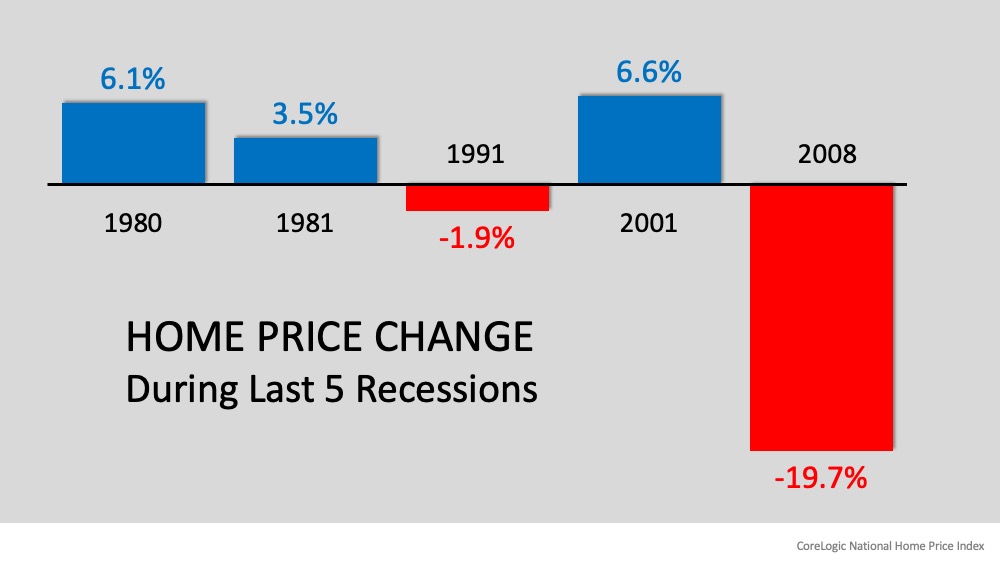How to Maintain a Positive Mindset During a Pandemic
My business partner and Designated Broker at Metropolist, Chad Zinda, takes a deeper look positivity in these trying times:
When the quarantine first started, I was determined to be available to the whole Metropolist team; from 7 a.m. to 7 p.m., I was making sure everyone else was okay and had what they needed to succeed. But then the stay-at-home order was issued, stretching us into unknown territory, and my routine was no longer sustainable. Flight attendants tell us the same thing before every flight. Put on your own oxygen mask first. I was struggling to find a new routine because I was too busy making sure everyone else could breathe.
You know those rumble strips on the road for truckers that wake them up if they begin to drift off? I was hitting those every day, earlier and earlier. Something had to change.
I turned to the most valuable activity, my trusted companion, exercise–of the body and of the mind–and I turned off the news. In the beginning, I was watching the news constantly. My screen time notification told me I was looking at my phone 30% more. And that time was spent consuming all bad news. I needed to reset if I was going to achieve a positive mindset.
Best Practices
- Notice how you are feeling. Identify your emotions.
- Ask your family and friends how they are doing. Listen. Ask how you can help. The state of our collective mental health deserves our attention.
- Learn something new. Remind yourself of your purpose.
- Be a good neighbor. Help your community thrive.
Resources & Activities
-
- Brian Buffini is a Broker Coach and he has a great podcast.
- Brené Brown leads with vulnerability and courage, and she can help you do the same.
-
- I create and share weekly videos with my team via Mailchimp
- I attend weekly classes to garner new business ideas and refine my skills to assist my productivity and keep me accountable.
-
- The Life-Changing Magic of Not Giving a F*ck (for people-pleasers like me)
In her podcast, Brené Brown says that when we are in crisis mode we either over- or under-function. I over-function. The key is self-care; to start with yourself. This pandemic is scary, and sad. We are experiencing a loss. We are all grieving “the way it was” and we are all dealing with it differently. It is okay to mourn. But I also have to remind myself that we won’t always be isolated and we won’t always feel this level of disconnection.
If you need a reminder of your purpose and new connections to motivate you, you are welcome to join us for our weekly production meeting every Wednesday at 10 am. We have tools and support to offer you to help you survive and thrive during COVID19 and beyond. Email me at [email protected] and I will send you an invitation so we can get back to business together.
By Chad Zinda
Photo by http://www.diwasphotography.com/







